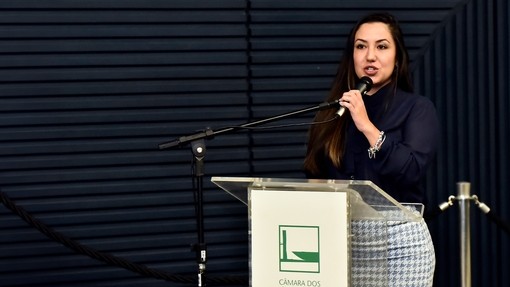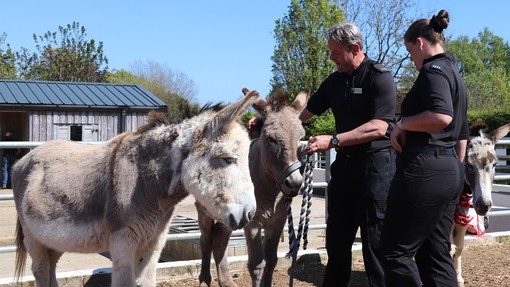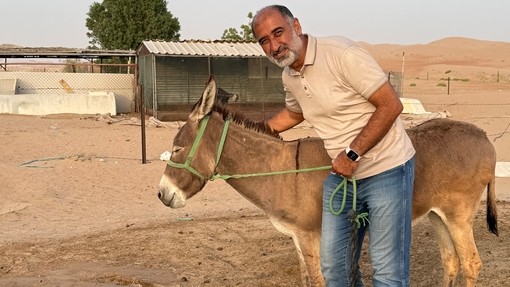- Home
- Articles
Latest news
Keep up-to-date with all our latest news here in the UK and from projects around the world.
Skip sidebar content ![An image of groups of people wearing burgundy tops sat at circular tables under a white marquee.]()
![An image of a grey donkey carrying a water container while a women stands behind it providing veterinary treatment]()
![2019 Marathon knitted neddies]()
![An image of a grass walkway lined by hedges on one side and a wooden fence on the other, with donkeys grazing in the field on the other side of the fence.]()
![An image of a girl wearing a coat and wellies, stood holding a brown donkey wearing a waterproof rug.]()
![An image of a brown donkey stood between two women who look at the donkey lovingly, while stood in an open field with a grey donkey grazing behind.]()
![A close up image of a tree with pink flowers hanging over a grass walkway.]()
![A group of donkeys grazing in a field]()
![An image of a blonde women stood to the right of a grey donkey, offering out her right hand to the donkeys face.]()
![A women with brown hair wearing a blue jumper hugging a dark brown donkey as it rests its head on her shoulder.]()
![An image of a shorter man wearing an orange top petting a dark brown mule as two other men stand to his right and watch.]()
![An animal health professional performing a health check on a donkey in front of a van in a grass field.]()
![A line of mules walking behind one another on a dirt track on the site of a valley.]()
![Three donkey grazing on grass in a wide open field.]()
![A grey donkey stood on the left of a dark brown donkey as they both graze in a field surrounded by a wooden fence]()
![Four donkeys looking through a wooden fence.]()
![A close up image of a dark brown mule wearing a head harness with a women holding the reins stood on the right.]()
![Two donkey assisted activities staff with two donkeys.]()
![2019 Marathon knitted neddies]()
![A white donkey with blue eyes stood slightly in front of a grey donkey in a big outdoor paddock.]()
![Four actors wearing colourful clothes whilst performing in front of an audience.]()
![Two donkeys stood next to each other in a concrete paddock with small wooden branches for enrichment.]()
![A grey donkey, a white donkey and a white and grey skewbald donkey stood together grazing in their paddock.]()
![A white donkey with light brown spots stood behind a small white and brown donkey foal smelling a welly boot.]()
![A grey donkey stood walking through a grass paddock in front of a wooden fence.]()
![A white and brown skewbald donkey and a grey donkey touching noses through a fence]()
![Six donkeys stood in a line while all grazing in a field.]()
![A women dressed in a smart grey blazer stood outside the entrance of a concrete building with two wooden doors.]()
![A light brown poitou donkey wearing a red collar stood nest to a man in front of a wooden stable.]()
![Two brown donkeys stood next to eachother looking to camera with a grey donkey stood behind them also looking to camera.]()
![A brown and white donkey walking towards the camera while a group of people stand behind it in the background.]()
![Two light brown donkeys standing next to each other and touching heads in front of a mental chain link fence.]()
![A women wearing a blue gillet stood between two large brown donkeys in a field.]()
![A white and brown spotted donkey with a small brown donkey on its right, both stood in a grass field.]()
![A man stood behind a beige donkey carrying yellow water containers and a small beige foal by a stream.]()
![A brown and white donkey stood sideways and looking forwards towards the camera]()
![A small grey donkey grazing on straw inside an eclosed shelter]()
![A man wearing a blue beanie hat and blue coat stroking the face of a small grey donkey]()
![A brown hinny standing in mud whilst drinking from a puddle]()
![A close up of a beige barn owl flying in the air]()
![Two brown donkeys looking out from a barbed wire fence]()
![Elle and Conor together in their home]()
![Four people stood and sat in a stable with two miniature donkeys]()
![A donkey carrying a heavy pack crossing a rope bridge]()
![A man stood with a white and brown skewbald donkey in a field]()
![A man holding a camera filming an older man leaning against a fence]()
![Two grooms stood either side of a large white and beige donkey]()
![A conference room filled with people sitting at a long U shape desk]()
![A snowy walkway with trees and bushes and tire tracks on the ground]()
![A donkey at a slaughterhouse in Kenya]()
![Two grey donkeys eating hay enrichment on the floor of an outside padock]()
![A white donkey with a yellow collar eating chopped up vegetables]()
![A women stood between a brown donkey and a grey donkey in a shelter with straw on the floor]()
![A women holding a donkeys face and hugging a donkey]()
![Three women stood with a grey and white donkey in a concrete yard]()
![A women stood behind a podium speaking into a microphone]()
275 items
- 2 June 2025
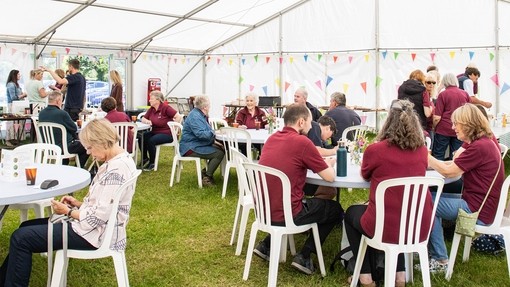
- 28 May 2025
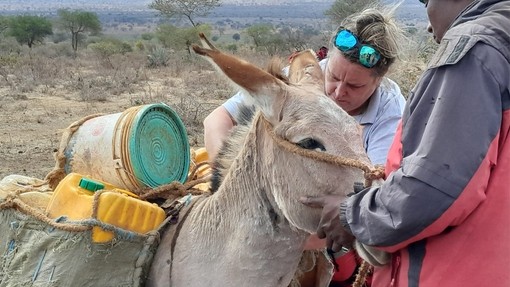
- 25 May 2025
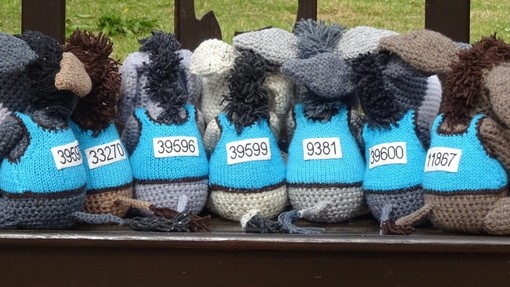
- 22 May 2025
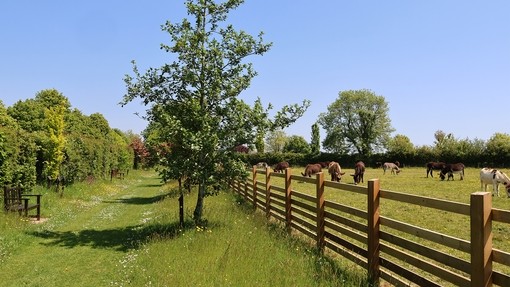
- 18 May 2025
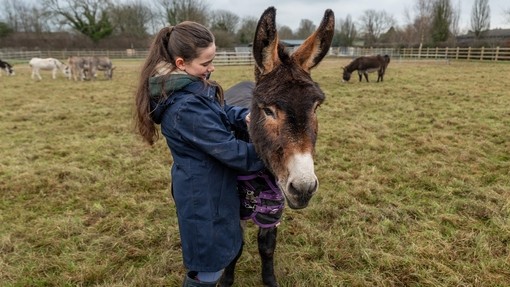
- 15 May 2025

- 14 May 2025

- 4 May 2025
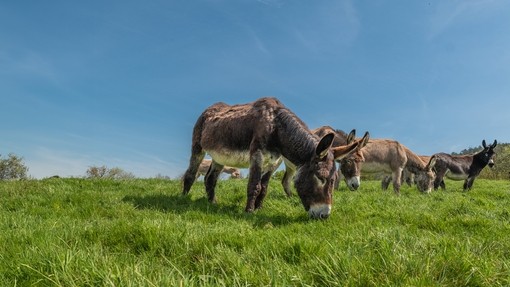
- 1 May 2025
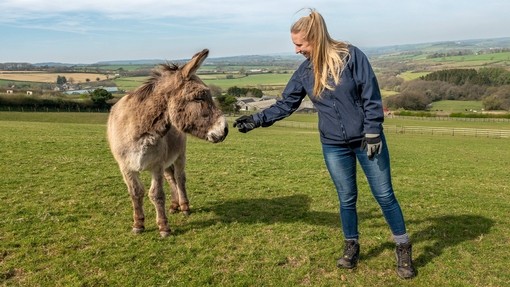
- 30 April 2025
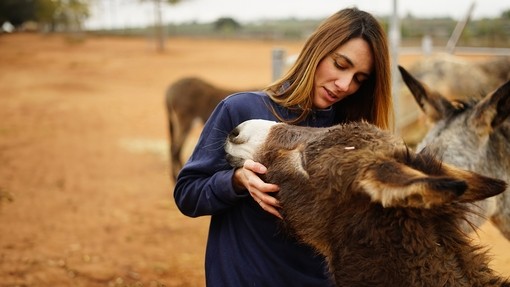
- 28 April 2025

- 26 April 2025
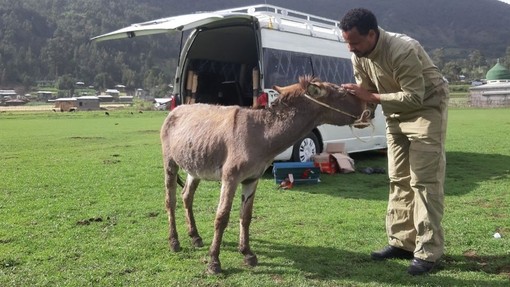
- 25 April 2025
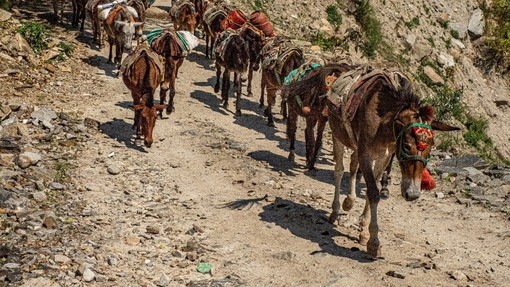
- 21 April 2025
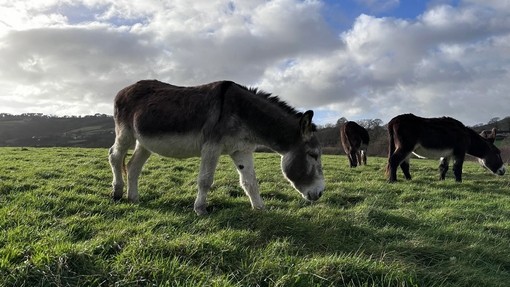
- 15 April 2025
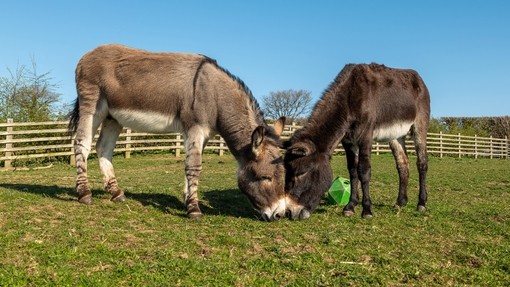
- 6 April 2025
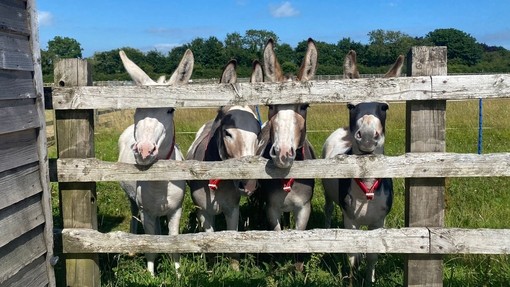
- 27 March 2025
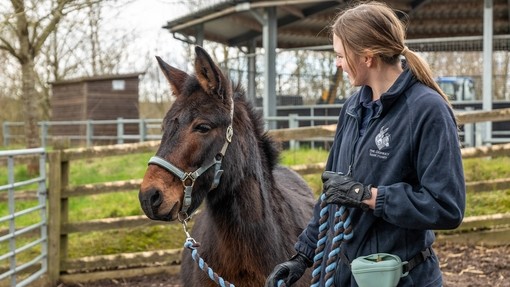
- 26 March 2025
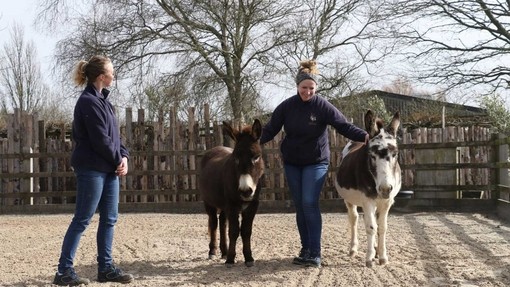
- 23 March 2025

- 18 March 2025
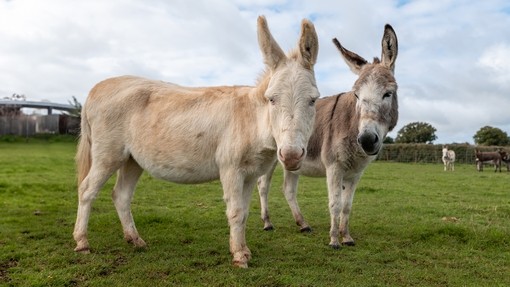
- 16 March 2025
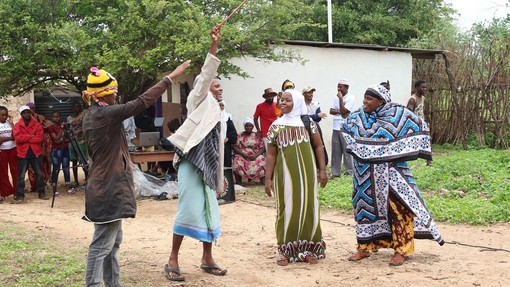
- 14 March 2025
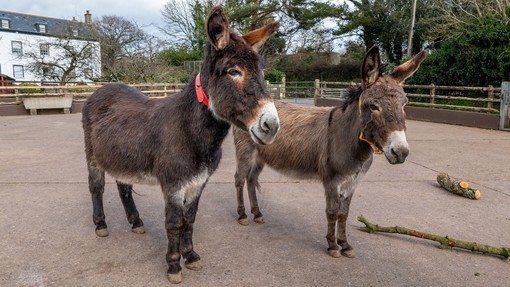
- 11 March 2025
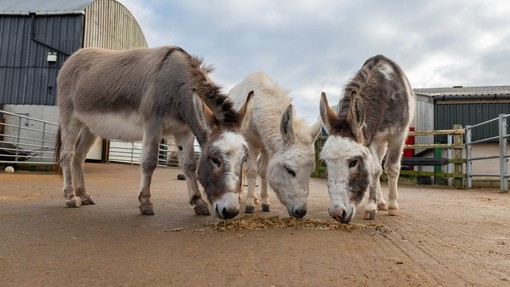
- 4 March 2025
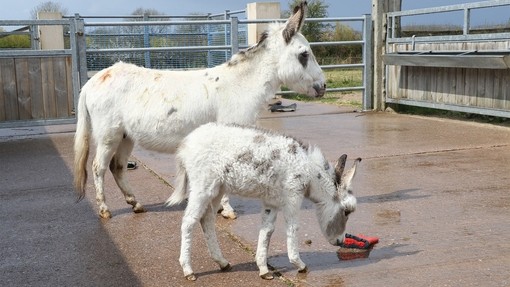
- 2 March 2025
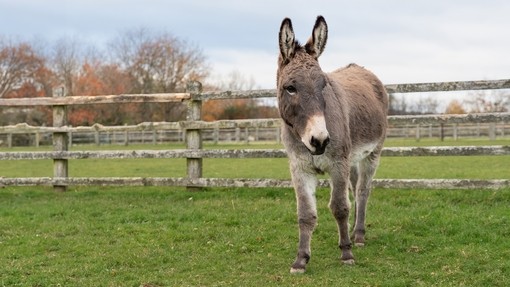
- 28 February 2025
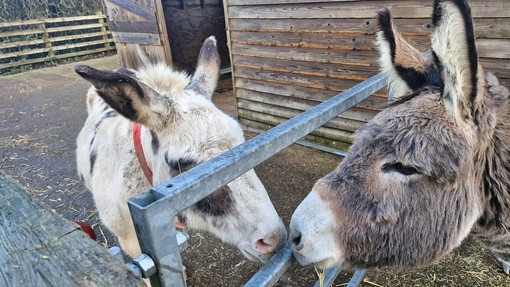
- 26 February 2025
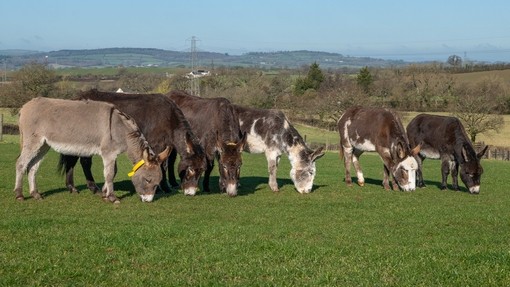
- 25 February 2025

- 23 February 2025
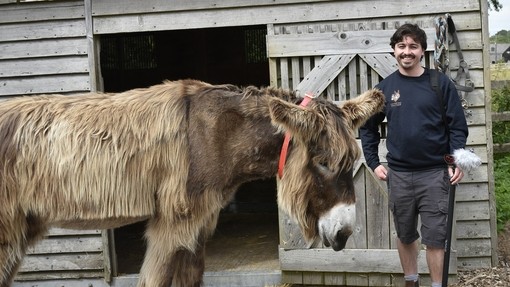
- 22 February 2025
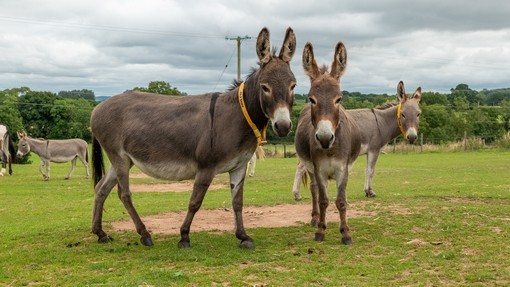
- 19 February 2025
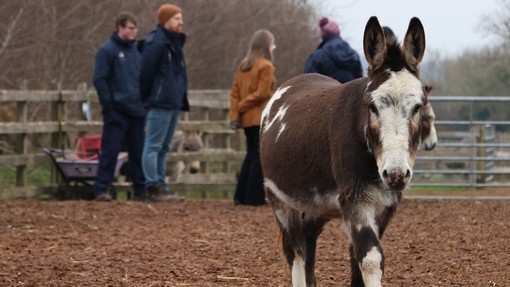
- 18 February 2025
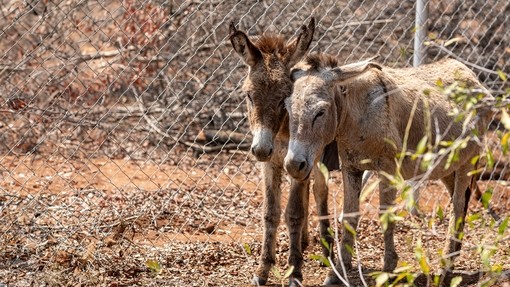
- 13 February 2025
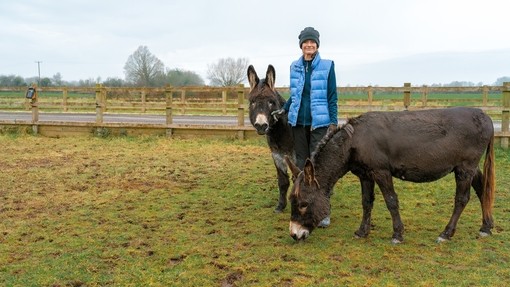
- 6 February 2025
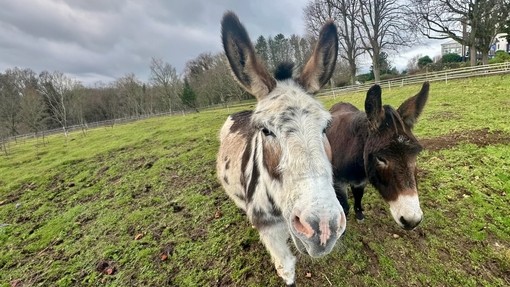
- 30 January 2025
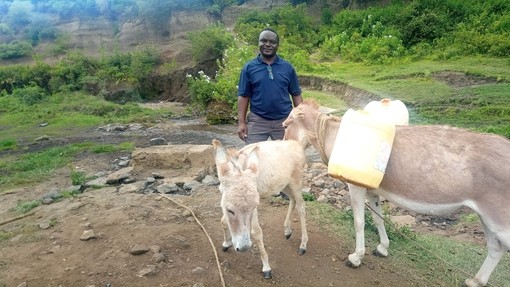
- 29 January 2025
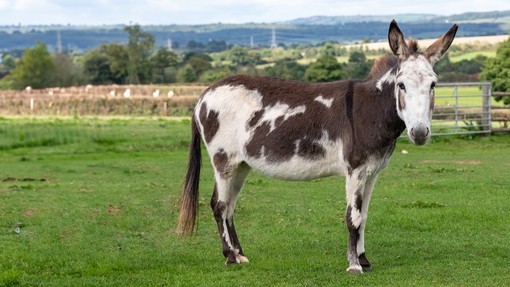
- 26 January 2025
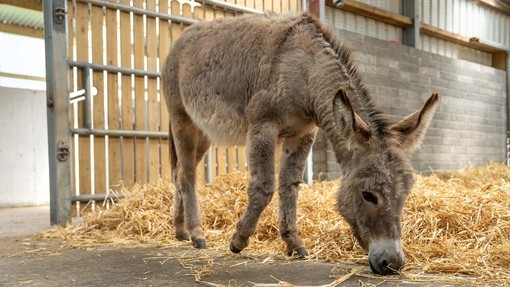
- 24 January 2025
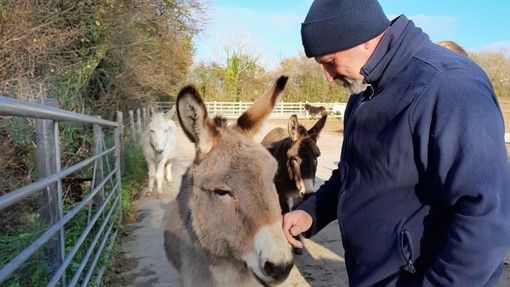
- 19 January 2025
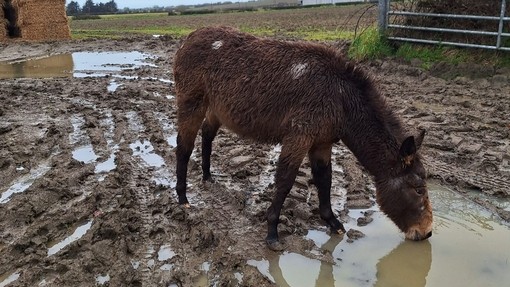
- 12 January 2025
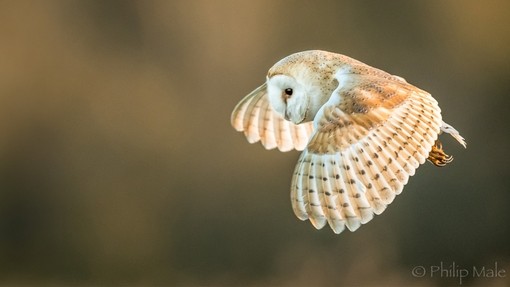
- 30 December 2024
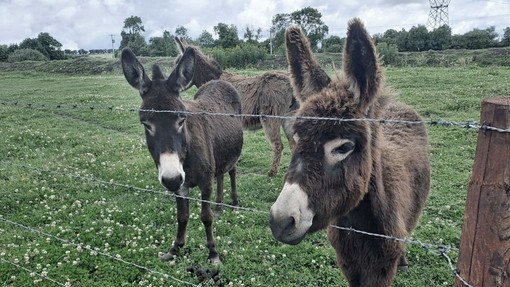
- 22 December 2024
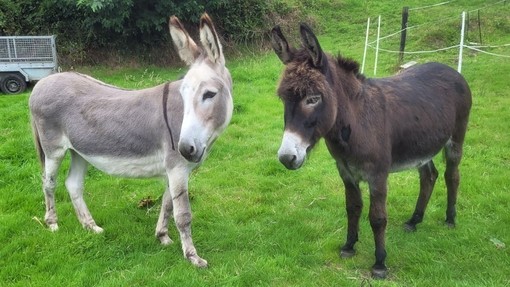
- 19 December 2024
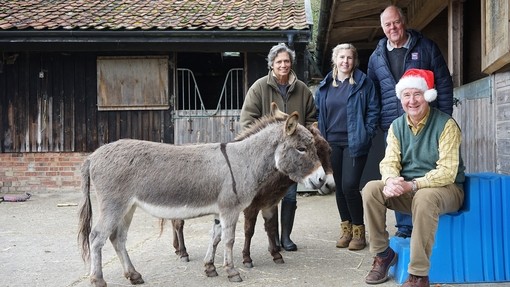
- 18 December 2024
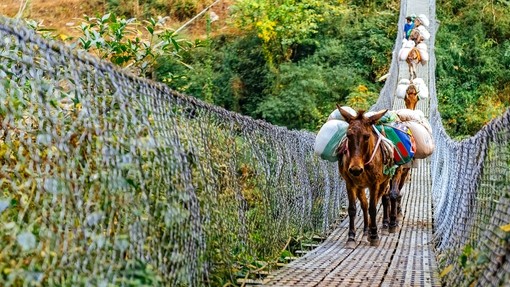
- 16 December 2024
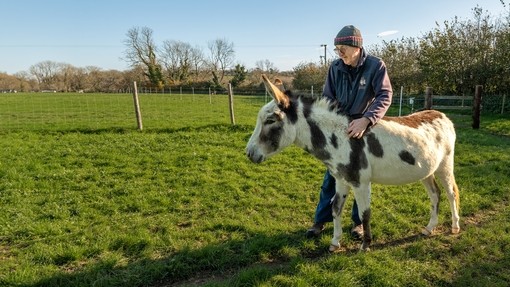
- 15 December 2024
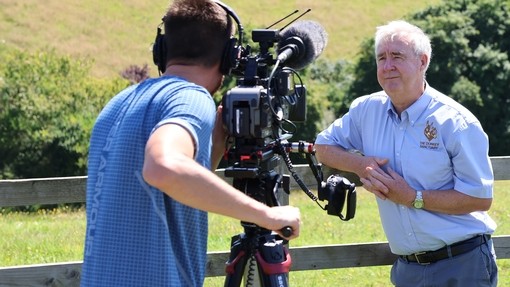
- 14 December 2024
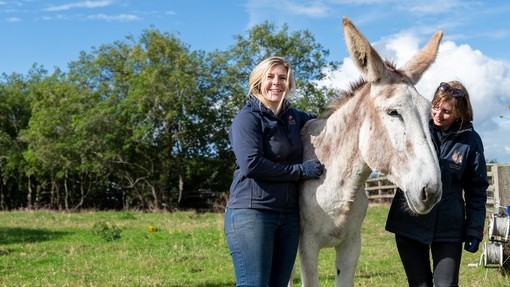
- 13 December 2024
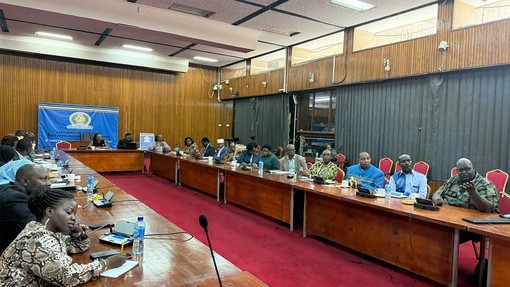
- 11 December 2024

- 11 December 2024
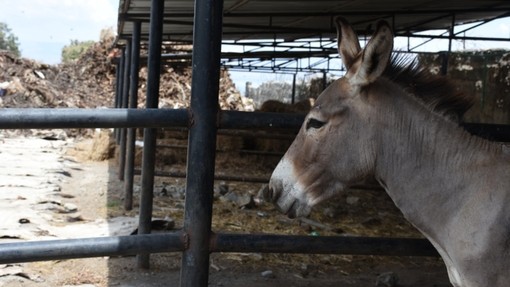
- 8 December 2024
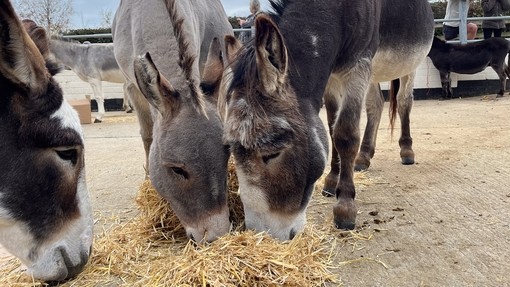
- 3 December 2024
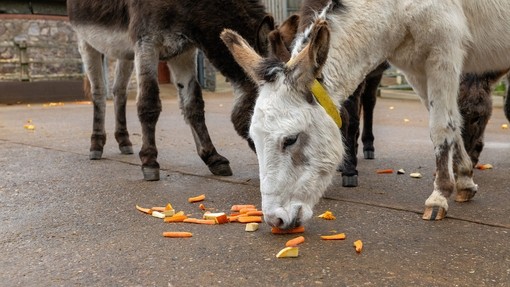
- 30 November 2024

- 27 November 2024
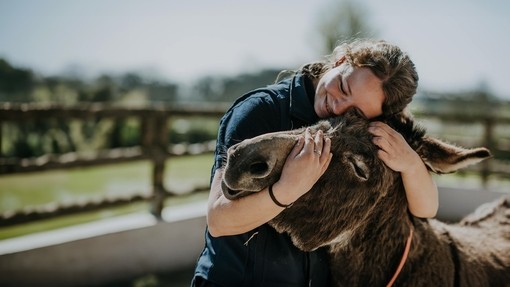
- 25 November 2024
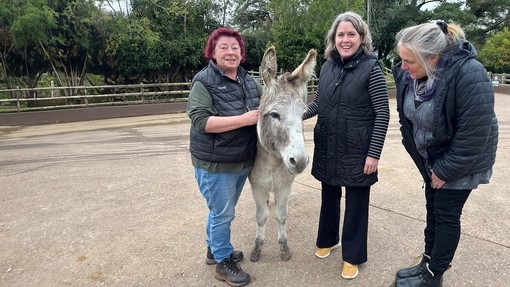
- 24 November 2024
